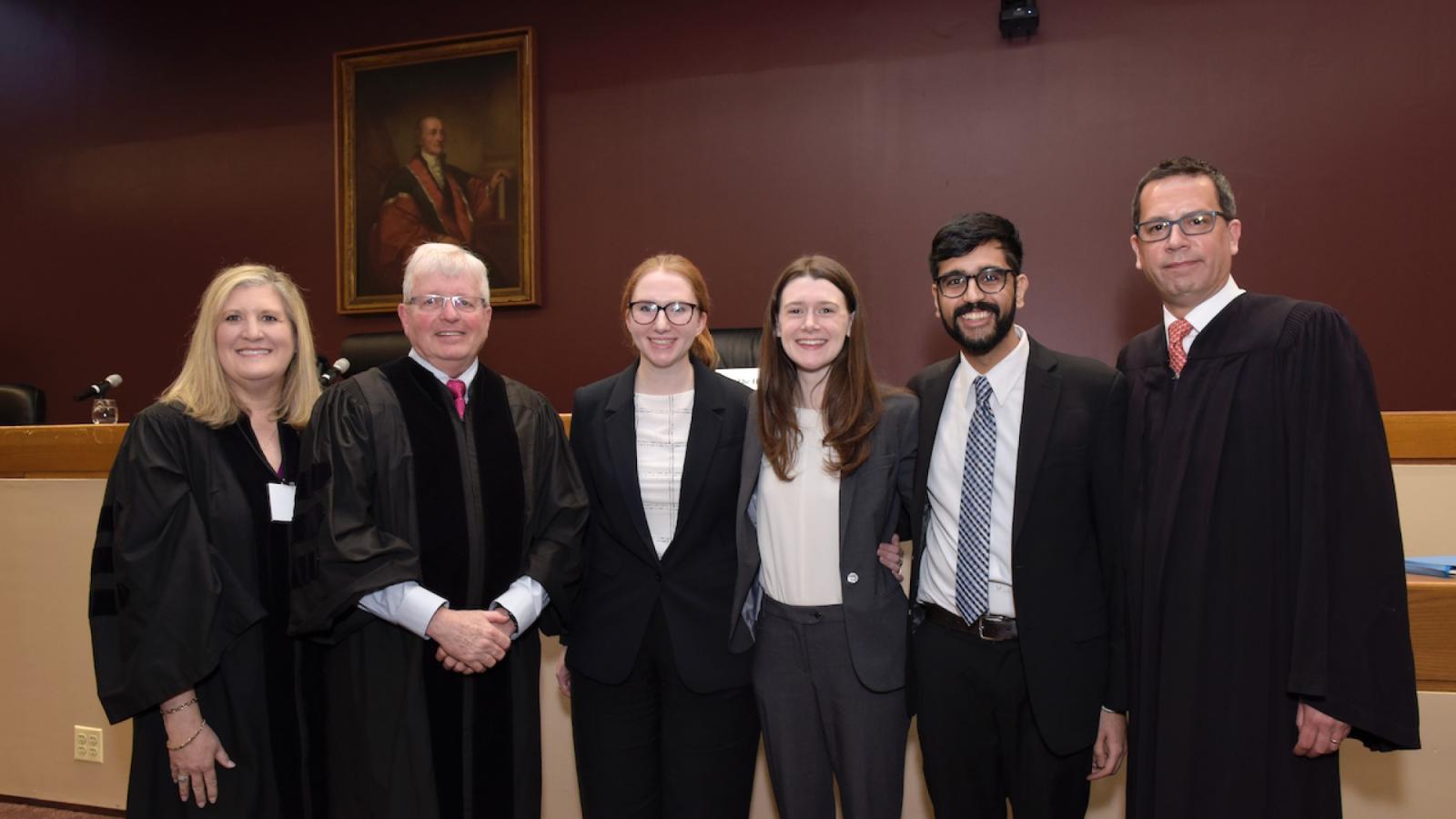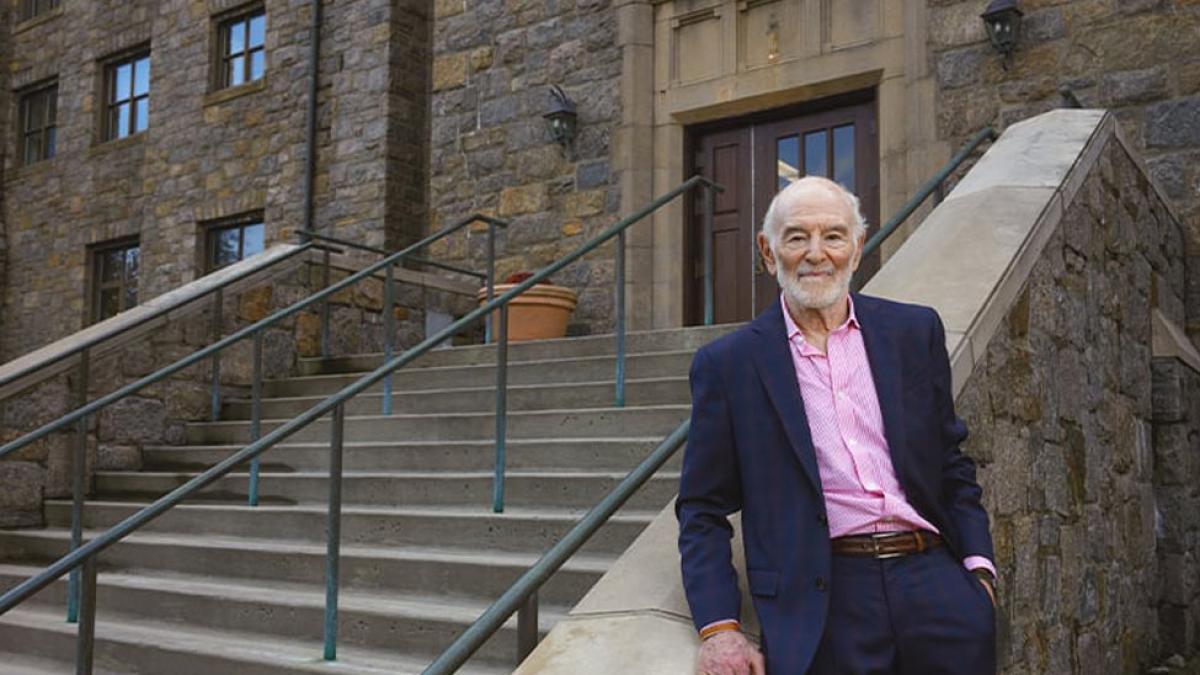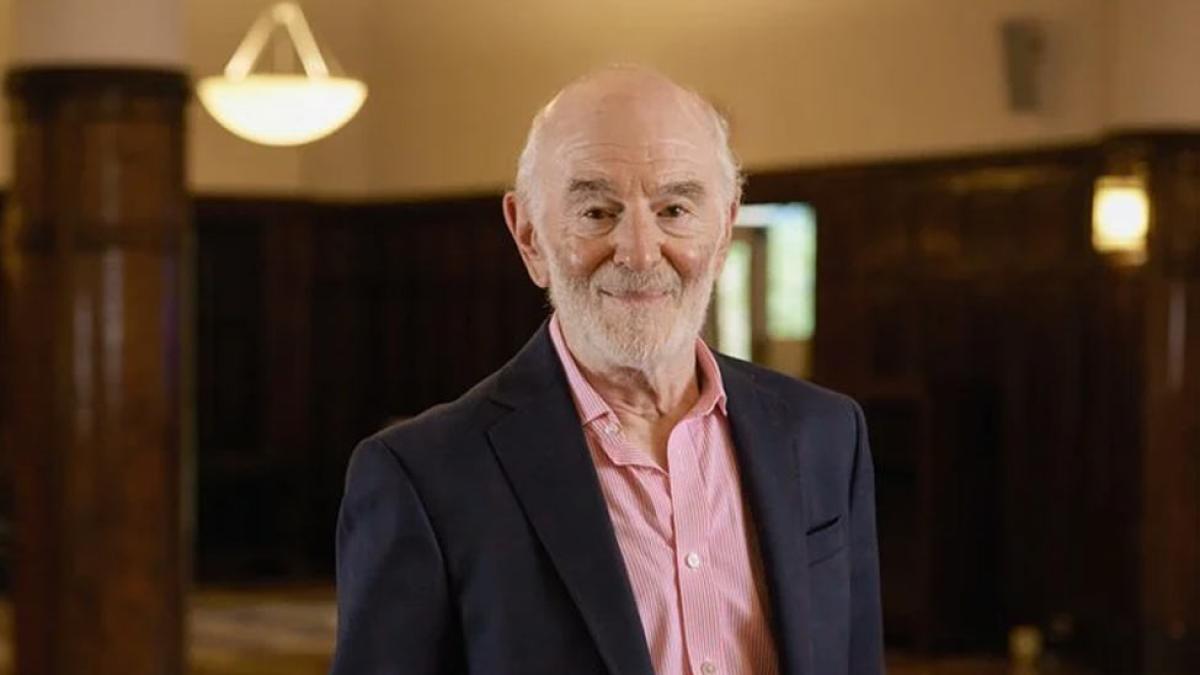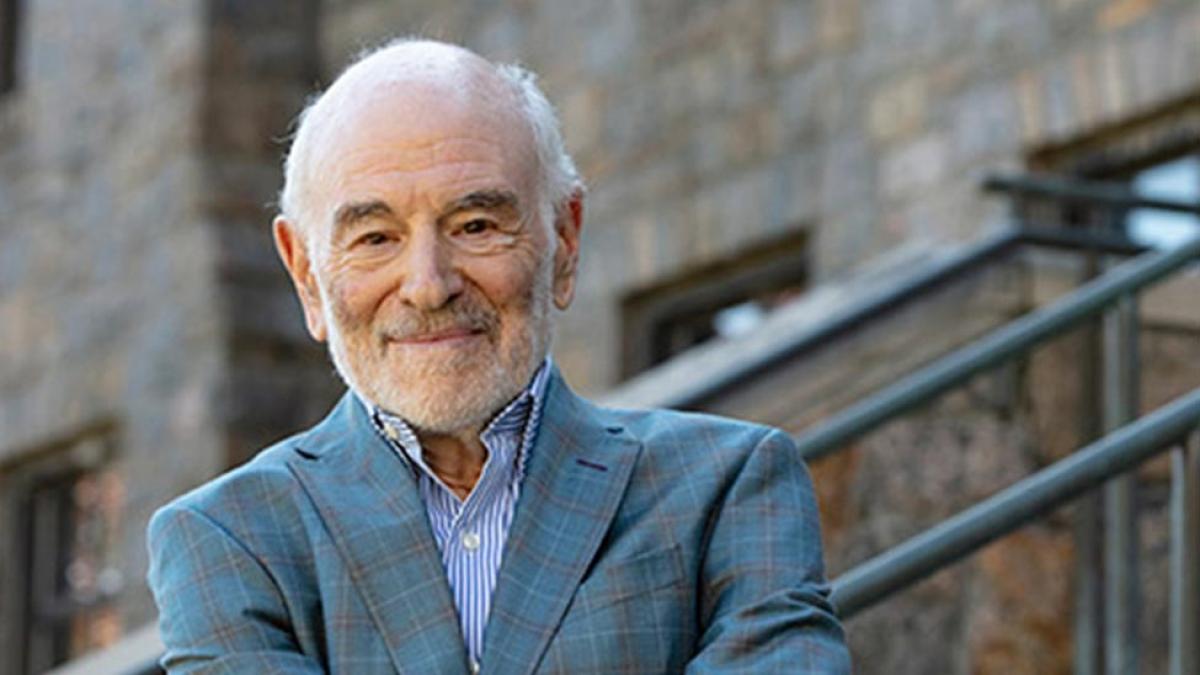Haub Law Professor Bennett Gershman speaks with ABC News 7 NY about the deadline requiring undocumented immigrants to register with the government saying migrants are “caught between a rock and hard place.”
The Elisabeth Haub School of Law at Pace University hosts 36th Annual Jeffrey G. Miller National Environmental Law Moot Court Competition (NELMCC)

The Jeffrey G. Miller National Environmental Law Moot Court Competition (NELMCC), one of the nation’s largest interschool moot court competitions, returned in person for the first time in four years, bringing together hundreds of law students and attorney judges to the Elisabeth Haub School of Law at Pace University’s Westchester campus. Among a fierce lineup of competitors from 54 schools across the country, the University of Minnesota Law School came out on top as the 2024 NELMCC Champions. Since its founding in 1989, NELMCC has established a national standard of excellence in moot court competitions. During the pandemic, Haub Law did not skip a beat and hosted the competition virtually – allowing students to continue to participate in the highly competitive event. Each year the “Problem” presented to the teams focuses on timely issues of national importance to the practice of environmental law.
During this year’s competition, Haub Law Professor Todd Ommen challenged both teams and judges alike with a unique, timely, and complex “Problem” that compelled students to grapple with the intersection of the Natural Gas Act, the Federal Energy Regulatory Commission’s authority to impose greenhouse gas emissions mitigation conditions, the Chevron and Major Questions Doctrines, and the Religious Freedom Restoration Act. Prior to the competition, competitors research and analyze the issues presented in the environmental problem before writing persuasive arguments for one party (either the government, a public interest group, or a member of the regulated industry) advocating how the issues should be resolved. Competitors are then required to argue the issues orally for all three parties, rounding out the rigorous academic experience.
Each year, Haub Law students have the honor and responsibility of leading the competition; this year, Haub Law student Patricia McKee served as Chair. She was supported by a Haub Law student team of 30 and an additional 53 Bailiff volunteers, while Assistant Director of Pace | Haub Environmental Law, Lorraine Rubich, oversaw the competition’s successful delivery.
“Once again in person, students and judges participated from around the country – as far as Washington and California in some cases – bringing an extremely high caliber of competition and expertise with them,” said Associate Director of Environmental Law Programs at Haub Law, Achinthi C, Vithanage. “Many of our judges included past competitors and Haub Law alumni who have been returning for over 20 years as volunteers. The dynamic energy and passion of both our competitors and judges could be felt throughout the three days.”
Over the course of the three-day competition, lively discussions and panels were also held amongst coaches and judges, an environmental career session was hosted by the ABA Section of Environment, Energy, and Resources, and a CLE was hosted by Sive, Paget & Riesel. Haub Law also hosted a White Plains environmental alumni reception to coincide with the competition and allow alumni who return for the competition each year to reconnect. The preliminary and quarterfinal rounds were held on Thursday, February 22 and Friday, February 23, with the semifinal and final rounds taking place on Saturday, February 24. The final round was presided by four judges: The Honorable Aaron Avila, U.S. EPA, Environmental Appeals Board; Alexandra Dapolito Dunn, Partner, Baker Botts LLP; The Honorable Catharina Haynes, Judge of the United States Court of Appeals for the Fifth Circuit; and The Honorable Malachy E. Mannion, US District Court, Middle District of PA.
Finalist teams included University of Georgia School of Law, Boston College School of Law, and University of Minnesota School of Law. After the final round, the esteemed judges gave excellent critique and feedback to all teams. The 2024 David Sive Award for Best Brief Overall was presented to University of Arizona, James E. Rogers College of Law and the 2024 Best Oralist Award went to Asna Poonawalla at Baylor University School of Law.
The Jeffrey G. Miller National Environmental Law Moot Court Competition is grateful to the organizations and people whose generous financial support help make the event possible. This year, we were pleased to have the following major supporters: The American Bar Association (ABA) Section of Environment, Energy, and Resources (SEER), Baker Botts LLP, and AlterEcho.


